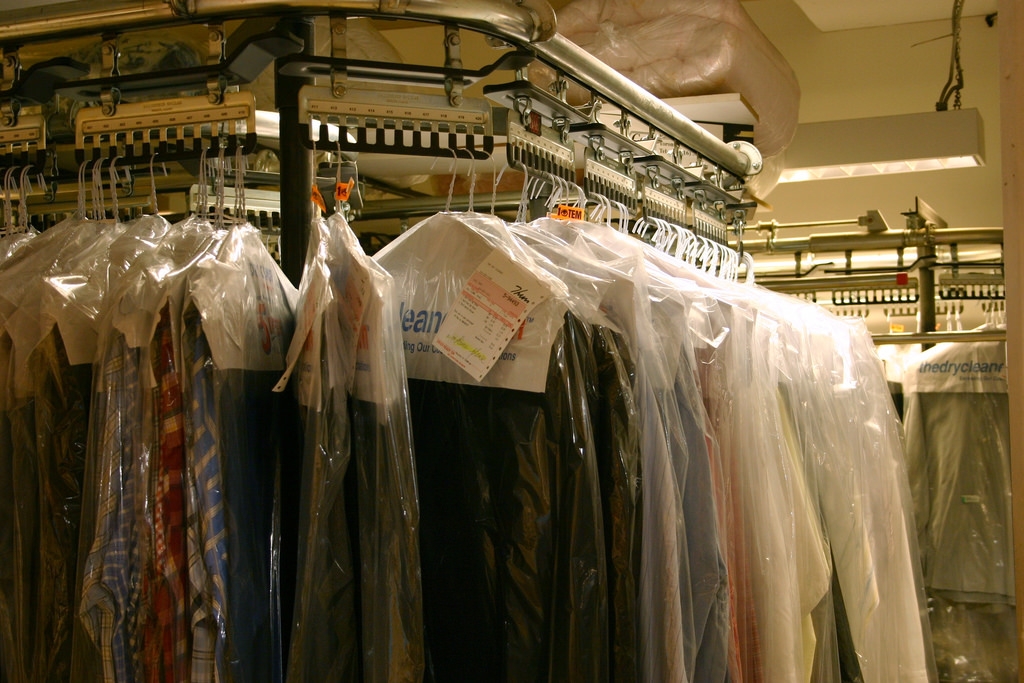Uniforms
What are an employer’s obligations?
Contributors

Christian Scali

Jennifer Woo Burns

Jasmin B. Bhandari

Photo by Simon Law
Dealerships usually use uniforms for at least certain job positions to promote a professional image. There are certain rules applicable to uniform requirements that employers should keep in mind:
- Employers must provide and maintain all uniforms that employees are required to wear as a condition of employment. Uniforms are defined as apparel and accessories of “distinctive design or color,” for example a shirt with a Company logo, insignia or design, or other distinctive feature. Ordinary work clothes that are non-distinctive and generic are not considered to be uniforms for purposes of these employer obligations, and employees can be required to provide them at their own cost—for example black slacks and a white button-down shirt, or khaki slacks and a red polo-style shirt.
- Employers must maintain uniforms when the maintenance requires special ironing, dry cleaning or special treatment for heavy soil. This obligation can be met by having this maintenance provided by the employer, or through a laundering allowance or reimbursement. If, however, the uniform is made of a material requiring only washing and tumble or drip drying, the employee can be required to maintain their uniform. Employers should also cover any expense of patching or repairing uniforms.
- Employers should be careful to apply uniform requirements in a non-discriminatory manner, for example, not placing different requirements on employees based on gender, age or other protected characteristics. If the employer may have a non-discriminatory business reason for doing so, they should discuss the issue with legal counsel before applying different uniform standards.
In addition, any special uniforms that are personal protective equipment (such as required by OSHA or Cal-OSHA) must also be provided and maintained by the employer. Shoes with slip resistant soles are common enough and widely used and available that they are generally not considered a “uniform” under the law, and employers may require them without having to provide or maintain them, as long as there are not additional required specifications (such as a particular brand or style or particular type of protection. See Celly Services, Inc., Footwear Protection Requirements, October 2015, for the safety implications of particular footwear and requirements for employer reimbursement).
